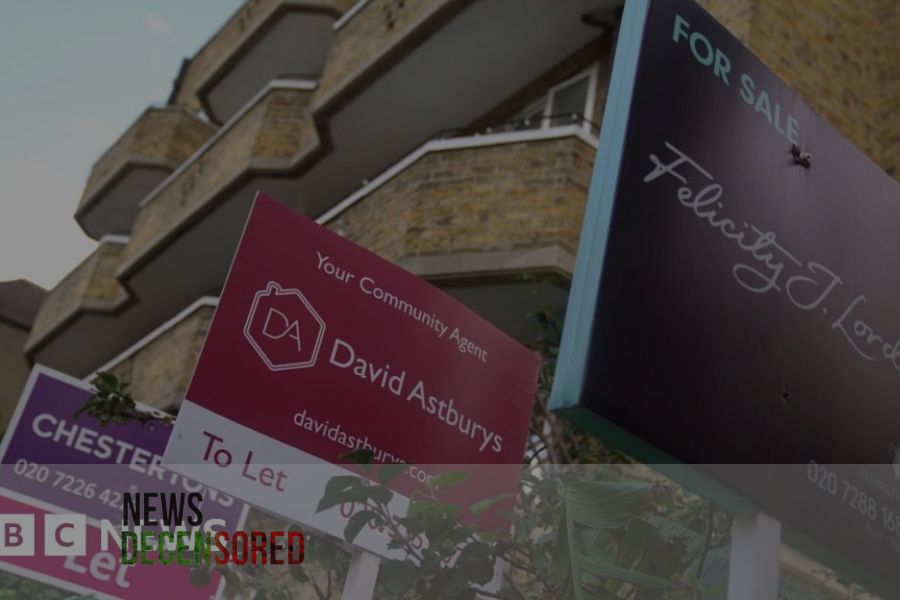The cost of renting in the UK has skyrocketed to a record high, with average monthly rent rising by 9% in the past year – the steepest increase since data collection began in 2015. This surge in rent prices has squeezed household budgets and sparked calls for urgent action from the government.
The data, compiled by the Office for National Statistics (ONS), reveals a nationwide trend of rising rents. Every region in the UK experienced increases, with England averaging 8.8%, Scotland 10.9%, and Wales 9%. This translates to a significant jump in monthly rent payments, ranging from an extra £60 in Wales to a hefty £104 in England.
London, already notorious for its high cost of living, saw the most dramatic increase with rents climbing 10.6%. This pushes the average monthly rent in the capital to a staggering £2,035, putting immense strain on renters’ finances. Outside of London, Bristol takes the crown as the most expensive city to rent privately, with average monthly rents landing at £1,734.
While landlords cite rising costs associated with maintaining rental properties as a contributing factor, the issue seems to be more nuanced. Research suggests a significant portion of rent increases stem from landlords aligning their prices with the inflated market rates, essentially capitalizing on the limited availability of rental properties.
The National Residential Landlords Association (NRLA) points to the “chronic shortage of properties” as the root cause of the problem. They advocate for tax measures to incentivize investment in the rental market, arguing that a healthy supply of quality homes would bring down prices. However, research by the Institute for Fiscal Studies suggests a more complex relationship, with harsh taxation on landlords potentially leading to even higher rents.
The government acknowledges the challenges faced by tenants and has pledged action through its Renters (Reform) Bill. This landmark legislation aims to establish a “fairer deal” for both tenants and landlords. A critical component of the bill is the ban on “no-fault evictions,” where landlords can evict tenants without providing a reason.
However, the bill’s progress has been slow, raising concerns about its effectiveness. Drafts of amendments suggest potential watering down of renter protections, further fueling anxieties. While the government insists the bill will deliver on its promise and provide tenants with greater security, critics like housing charity Shelter remain skeptical.
The impact of rising rents extends far beyond statistics. Gill, a 63-year-old cancer patient from Surrey, exemplifies the human cost of this crisis. She has faced multiple no-fault eviction notices from her landlord, highlighting the vulnerability of renters in the current market. With limited options and rising costs, Gill fears displacement and the potential trauma of losing her home during a critical time in her health journey.
The UK’s rental market is at a boiling point. Shelter, along with other housing advocates, urges the government to prioritize building genuinely affordable social housing and expedite the passage of a watertight Renters’ Reform Bill. Striking a balance between increasing housing supply and safeguarding tenant rights is crucial to alleviate the financial pressure on renters and ensure secure and stable living arrangements.















